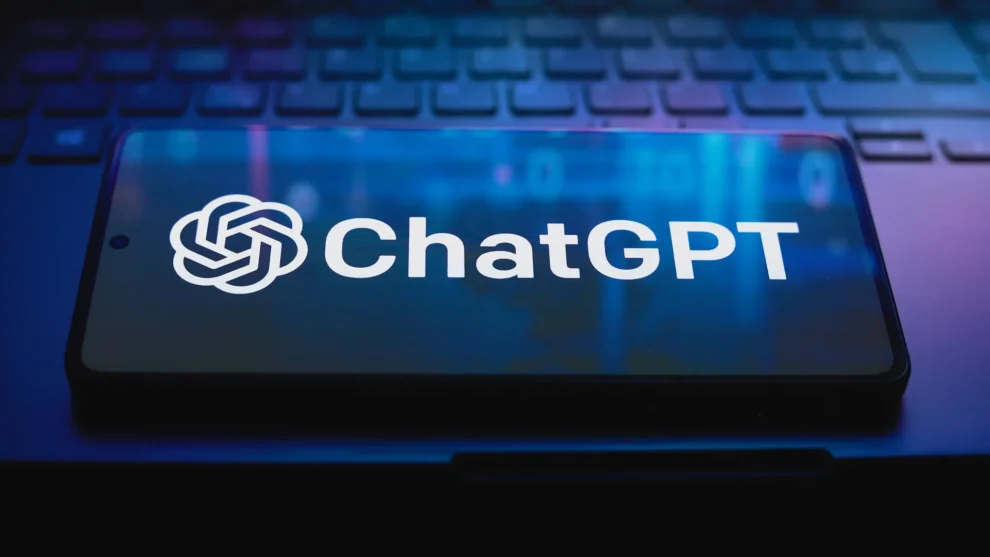OpenAI’s cybersecurity team has reportedly identified and shut down a network of accounts linked to an Iranian influence campaign that leveraged ChatGPT to spread disinformation and promote pro-Iranian narratives across multiple social media platforms.
This discovery has ignited concerns about the potential misuse of advanced AI tools like ChatGPT for political manipulation and the challenges of combating such sophisticated tactics in an increasingly digital world.
The Who, What, When, Where, and Why
- Who: OpenAI, the creator of ChatGPT, identified and disrupted an Iranian influence operation.
- What: The operation used ChatGPT to generate and spread pro-Iranian narratives and disinformation.
- When: The specific timeline of the operation and its takedown remains undisclosed, but it highlights an ongoing concern.
- Where: The campaign targeted multiple social media platforms, though the specific ones haven’t been named publicly.
- Why: The operation’s goal was likely to influence public opinion, promote Iranian interests, and potentially sow discord.
Inside the Iranian Influence Operation
While OpenAI has not publicly released extensive technical details about the operation, it has been reported that the network of accounts involved used ChatGPT to generate content that appeared human-written but was designed to push specific narratives favorable to Iran.
The campaign’s tactics likely included:
- Creating and spreading disinformation: Generating false or misleading information to shape public perception.
- Promoting pro-Iranian narratives: Sharing content that portrays Iran in a positive light or supports its policies.
- Undermining opposing viewpoints: Attacking or discrediting those critical of Iran or its actions.
- Exploiting social media algorithms: Using techniques to amplify the reach of their content and influence trending topics.
Combating AI-Powered Disinformation: The Challenges
This incident underscores the growing challenges of combating disinformation in the age of advanced AI. Tools like ChatGPT can be weaponized to generate vast amounts of convincing, human-like content at scale, making it increasingly difficult to distinguish between genuine information and manipulative propaganda.
- Detecting AI-generated content: While there are tools to identify AI-generated text, they are not foolproof, and adversaries are constantly evolving their tactics to evade detection.
- Attribution: Determining the origin and intent behind influence operations can be challenging, particularly when sophisticated actors are involved.
- Platform responsibility: Social media platforms play a crucial role in combating disinformation, but striking a balance between free speech and content moderation remains a complex issue.
Personal Experiences and Reflections
As someone deeply interested in the potential of AI and its impact on society, the news of this Iranian influence operation is both concerning and thought-provoking. It highlights the urgent need for greater transparency and collaboration between AI developers, researchers, policymakers, and social media platforms to address the ethical implications of AI and prevent its misuse.
Furthermore, it underscores the importance of media literacy and critical thinking in an era where information can be easily manipulated and weaponized. We must remain vigilant and question the sources and motivations behind the content we consume, particularly on social media.
OpenAI’s Response and the Path Forward
OpenAI has stated that it has taken steps to address this specific operation and is continually working to improve its systems to prevent future misuse. This includes:
- Strengthening content moderation: Implementing more robust measures to detect and filter out harmful or misleading content.
- Enhancing transparency: Providing users with more information about the origin and potential biases of AI-generated content.
- Collaborating with researchers and policymakers: Engaging in ongoing discussions to develop ethical guidelines and regulatory frameworks for AI.
The discovery of this ChatGPT-powered Iranian influence operation is a stark reminder of the potential dangers of AI when used for malicious purposes. However, it also highlights the importance of responsible AI development and the need for proactive measures to combat disinformation and protect the integrity of our information ecosystem.
By working together, we can ensure that AI is used for good and that its potential benefits are not overshadowed by its potential risks.








